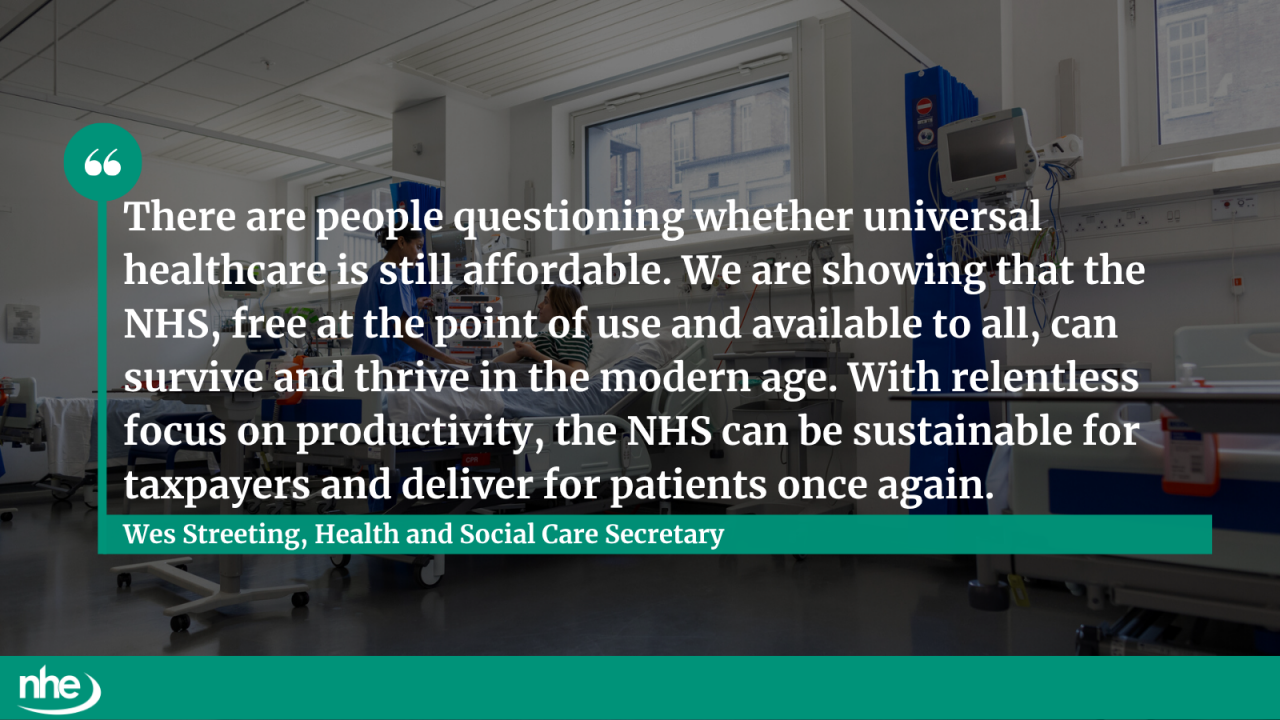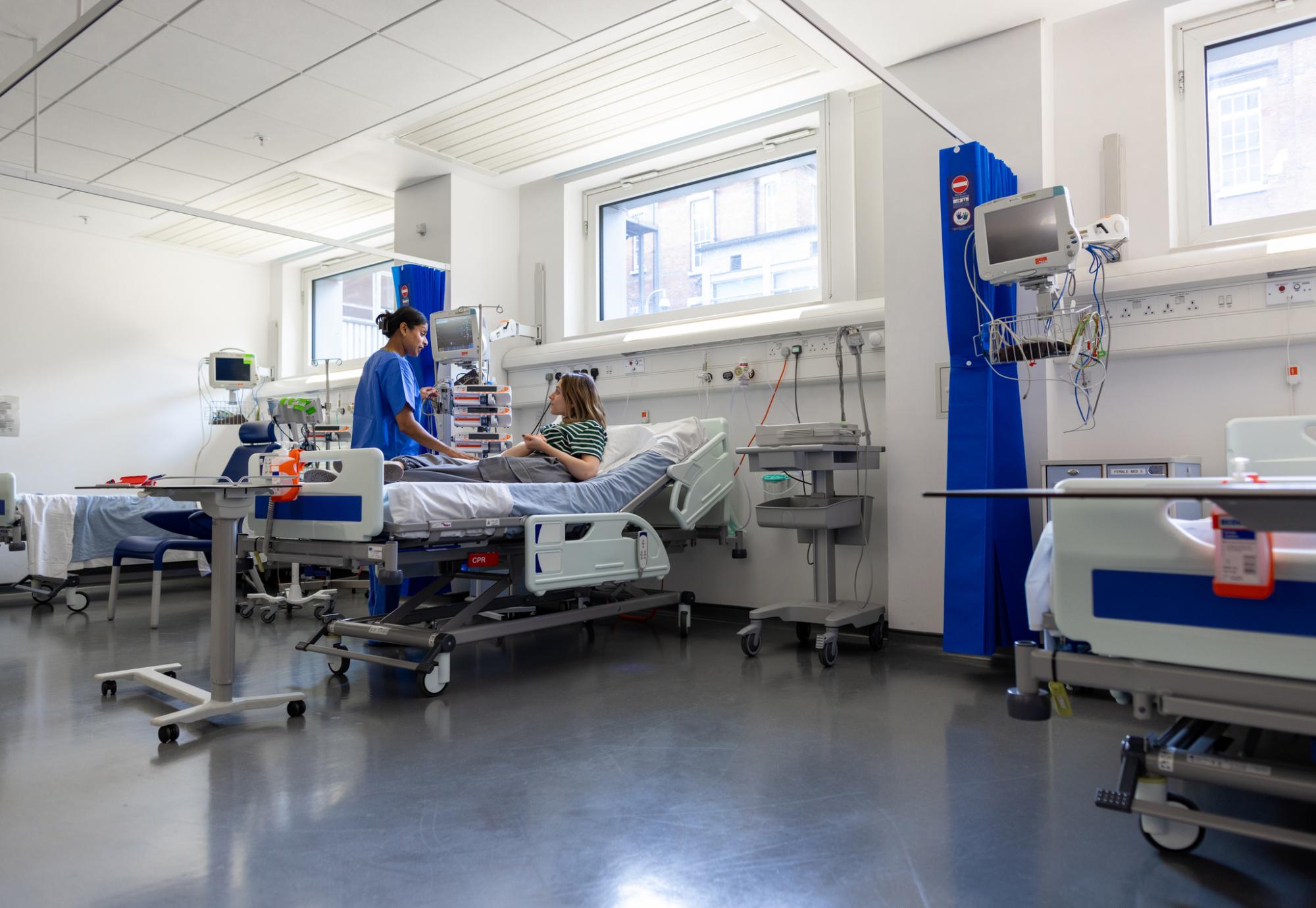The NHS in England has recorded a 2.4% increase in productivity in the first four months of the 2025–26 financial year, according to the latest figures from NHS England.
This marks a significant improvement in how care is delivered, with more treatments, operations and appointments being completed more efficiently. Ultimately, this helps patients access care sooner and delivers better value for taxpayers.
The rise builds on a 2.7% productivity increase in 2024–25 and far exceeds the long-term average of 0.6% for health productivity. Despite facing record waiting lists, seasonal pressures, and industrial action, the NHS is making strong progress in its recovery and is on track to meet its productivity commitments.
Key improvements contributing to the productivity boost include:
- More same-day discharges
- Shorter hospital stays
- Better use of technology
- Reduced reliance on agency staff
- Reinvestment from back-office savings into frontline care
- Improved staff retention
- Expanded use of surgical hubs and community diagnostic centres, including evening and weekend appointments
Wes Streeting, Secretary of State for Health and Social Care, said:
“This data shows our reforms are bearing fruit as the NHS continues to outperform its productivity target.
“We’ve sent in crack teams of top clinicians across the country, opened up more services at evenings and weekends, and slashed agency spending by almost a third.
“It’s leading to more patients treated and less taxpayer money wasted.
“We know there’s more to do, but these numbers show the NHS is turning a corner.
“There are people questioning whether universal healthcare is still affordable. We are showing that the NHS, free at the point of use and available to all, can survive and thrive in the modern age. With relentless focus on productivity, the NHS can be sustainable for taxpayers and deliver for patients once again.”

The 2.4% growth rate is calculated using NHS England’s robust methodology, which focuses on the acute sector where data quality is strongest. The approach accounts for both staff and non-staff inputs, and weights treatments by complexity – giving more value to procedures like brain surgery than routine care.
This ensures a comprehensive view of NHS efficiency, rather than relying on simple activity counts.
To ensure continued progress, a new NHS productivity index is being developed under the oversight of Andy Haldane, former Chief Economist at the Bank of England. The index will hold local NHS systems to account and ensure that patients directly benefit from improvements.
Image credit: iStock



















